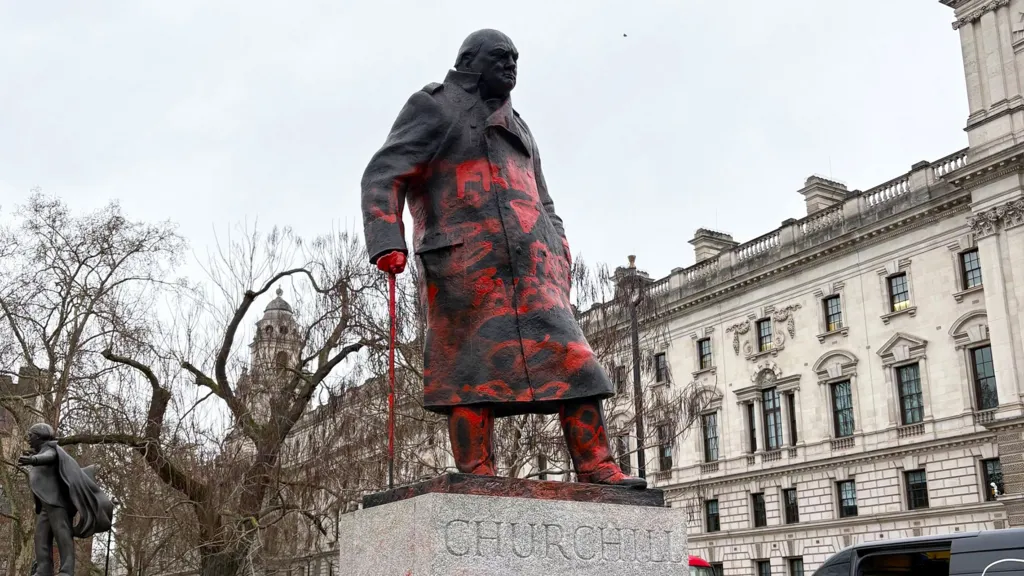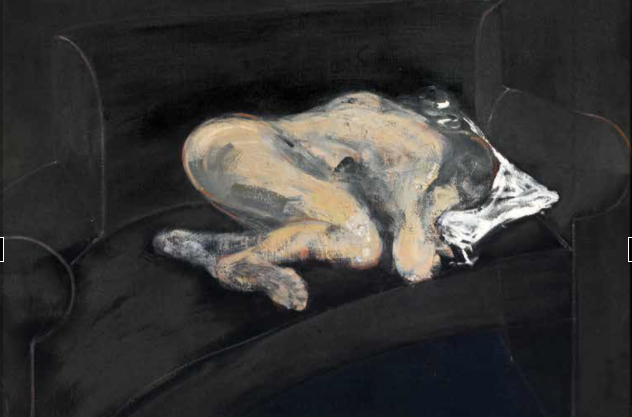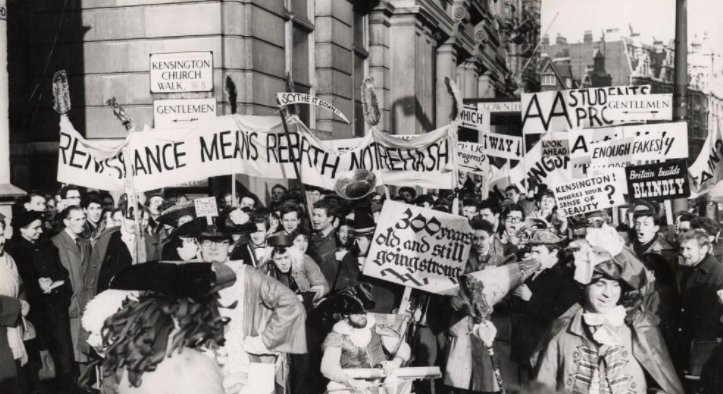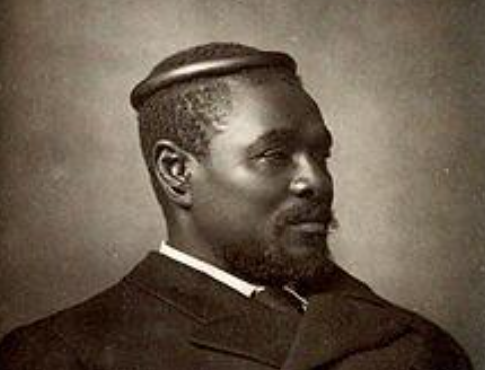The ‘Chiswick On Film’ Festival at The Chiswick Cinema
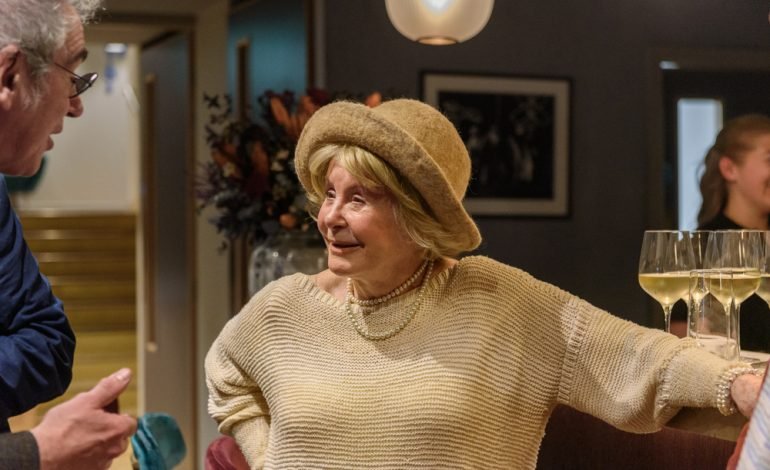
The Servant
It is timely that the first Chiswick On Film Festival at The Chiswick Cinema should choose as its opening night the new 4K restoration print of Joseph Losey’s 1963 film The Servant, adapted from Robert Maugham’s 1948 Novella by Harold Pinter. His debut screenplay. A masterpiece of cinema.
Pinter’s clever interplay of ‘master and servant’ reveals our deep-rooted ‘Class System’ at its most pugnacious. The Servant packs a heavyweight punch. Not least in key scenes where roles reverse. Similar ‘role reversals’ occurred in Ingmar Bergman’s Persona made some three years later. Unlike Persona this is ‘Political Cinema’. Let’s not forget that. Not least because The Servant is the best film ever made about the aloof English ‘Ruling Class’.
The Servant stars James Fox playing the central character Tony who Sarah Miles (Vera) described as a “dilettante”. This Chelsea archetype remains wholly relevant to today’s retrogressive Conservative values as evidenced within London’s archaic ‘men only clubs’ such as The Garrick Club and The Monday Club. It could be argued that in 2022 we’re actually right back there in 1963. England hasn’t moved-on one iota.
Wendy Craig plays Susan Stewart, the snobbish girlfriend of Tony. A role wholly set against her later sugary TV parts. In one key scene she treats Hugo Barrett the butler-cum-servant (Dirk Bogarde) with utter contempt. Susan gets Barrett to pour her drinks, light her cigarette, put her flowers in a vase, then ask his opinion upon them. Only to reply that she could not give a “tinker’s cuss” what he thinks. Setting-up the degradation to follow later in the film, she asks him bluntly, “What do you want from this house?” Shot in one take, Miles said, “The six and a half minute one-take scene” was in fact, “The longest take in British cinema history”. Brilliantly shot by Douglas Slocombe.
The icing on the cake at this opening night was the discussion afterwards. Onstage we had former Kaleidoscope radio host Torin Douglas and Michael Billington OBE, ‘Britain’s longest serving theatre critic’, and biographer of Harold Pinter. Add to that a surprise VIP guest, namely Sarah Miles (Vera) who stole the night. She was erudite, witty, a tad contrarian, and an amazing raconteur. It was her personal recollections of working on the film that not only shed new light upon it, but made the whole evening special, leaving the audience in stitches.
Miles said that the film “jelled” unlike any other film she’d been involved in. This was mainly due to the cooperation of the team. In real life Losey lived directly opposite Tony’s house, just off Chelsea’s Kings Road. Losey would often arrive on set still wearing his slippers. Miles put it to Losey and Pinter that – instead of her character being a brassy opportunist who’d arrived in London from ‘the North’ – Vera should be, “More innocent and little girl-like”. They both concurred. This aspect became both Vera’s inner strength and her fatal flaw.
Set at the height of The Profumo Scandal a bit part character is revealed as ‘Christine’, alluding to Christine Keeler. Miles criticised the pretentiousness of an orgy scene where prostitutes wore couture hats. Billington said that Losey was paying homage to Fellini’s films. Miles – who was wearing a hat on stage – retorted that she didn’t think that Italians had a monopoly “on hats”, adding, “Why would you wear a hat at an orgy, anyway?” She also revealed that a scene where Tony catches her using his “personal bathroom” was originally shot with her appearing naked. “Why didn’t they put that bit back in?” she enquired. “Billington suggested that the BFI might look for it?”
The 1963 premiere saw Miles’s parents walking out, saying, “You’ve let the family down, and ruined your career!” A week later she was nominated for Best British Actress by BAFTA. So they forgave her. She never looked back. Miles concluded by asking the audience if they thought the film “stood up today?” I shouted out, “Its even better!”
Missbehaviour had 11 years in the development with 2 years in production, and 4 major backers funding it. 36 UK cinemas showcased this film when it opened. Yet 4 days later in March 2020 it closed for good, due to COVID. Pay-per-viewers in the know kept the film alive, while some 1,657,139 viewed the Trailer on YouTube. The film finally showcased again at the Chiswick On Film Festival at The Chiswick Cinema on Saturday October 1st with the co-producer Suzanne Mackie, the screenwriter Rebecca Frayn, actress Phyllis Logan, and three protestors in attendance.
This is the tale of a women’s group who gathered to Flour Bomb and disrupt The Miss World Contest hosted by Bob Hope in 1970. Seen then by 100 million TV viewers worldwide, it featured on the front page of every major newspaper in the world. The film packs a punch, while being both life affirming, and funny. It also tells of how two women of colour were in ‘the final three’ for the first time ever at a Miss World Contest when the Women’s Liberation Movement were describing this annual fiasco as a ‘cattle market’.
Keira Knightley stars in her best screen role to date, while Rhys Ifans plays the oily Miss World Contest organiser Eric Morley with wit and aplomb. Special mention also goes out to Lesley Manville as Bob Hope’s wife, who wryly delivers some of the best lines I’ve heard.
What a brilliant film. It’s touching, poignant, and involving. This is an exercise in storytelling par excellence. Directed by Philippa Lowthorpe. Rebecca Frayn’s magnificent time capsule should resonate forever. It deserves a theatrical reissue surely. Distributors are you reading this?
Chiswick On Film at The Chiswick Cinema
Hopefully, Chiswick On Film will be a hardy perennial. The Festival team and The Chiswick Cinema crew were incredible hosts and very welcoming. Hats off to everyone involved here.





